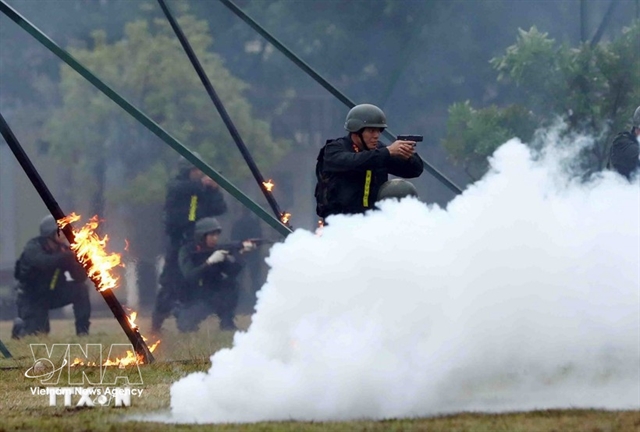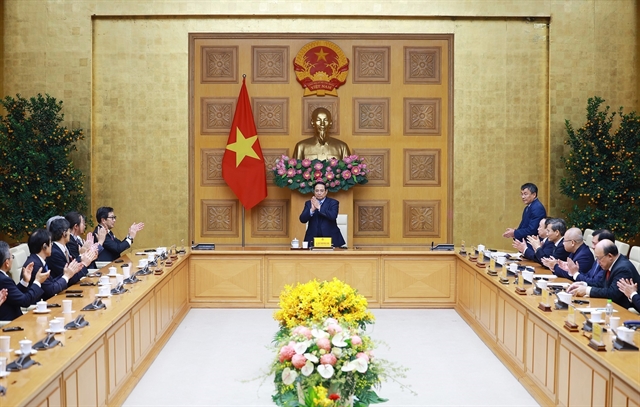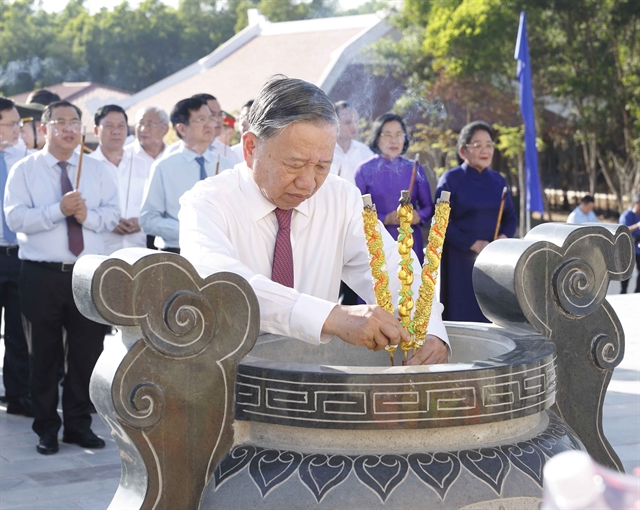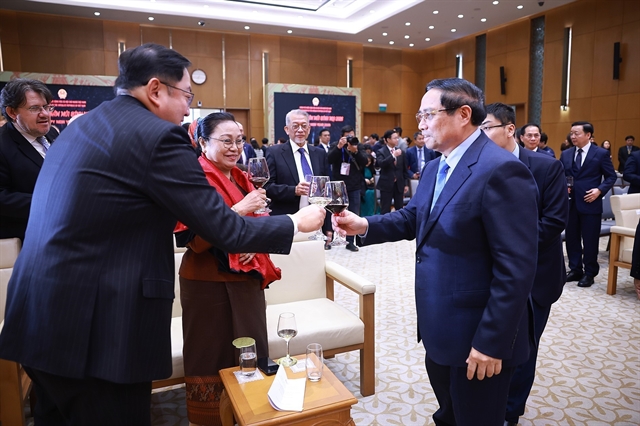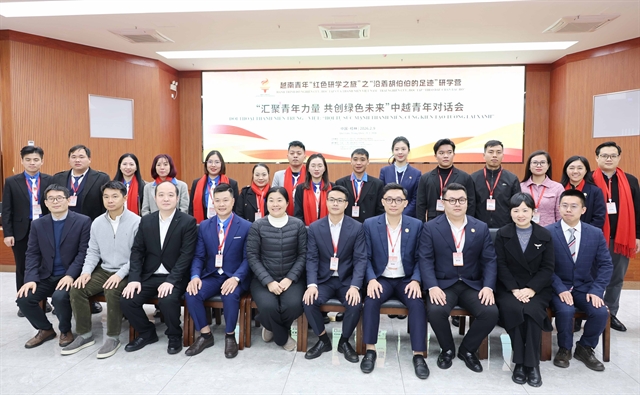

The global pandemic has impacted every inch of society and will forever remain a period that brought about significant challenges for us all. From a global educational perspective, it has challenged the delivery of lessons, examination procedures, physical attendance, and the connections that are formed between all community members within a school environment.
In the time of COVID-19, education systems worldwide were forced to find alternatives to traditional face-to-face instructions. Online learning and virtual schools are becoming increasingly familiar terms. The shift to virtual schooling during the times when schools are closed poses numerous challenges for teachers, students and parents from all around the world.
What if that word ‘challenge’ was seen as an opportunity for growth and reflection, instead of the negative connotations we sometimes associate with this word? Has this period provided us with a catalyst to spring forward into the future, at perhaps a slightly faster pace?
“Yes, they have for now, and for the future. The virtual school experience challenged us as educators to be more agile and enabled us to provide more flexible learning opportunities,” said Ms Stephanie Miller, Deputy Head of Secondary at the British International School (BIS) Hanoi.
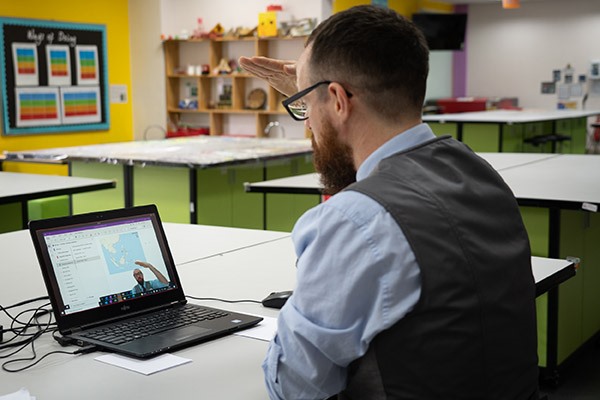
|
An online lesson at BIS Hanoi (Photo by BIS Hanoi)
"It’s important that we continue to think about how to evolve education and combine it with the learning opportunities available to us through our global family of 76 schools in Nord Anglia Education to provide the best possible educational provision for our students,” Ms Miller added.
Making technology the centrepiece of a Virtual School enables students to develop skills they may not have previously been afforded. “Virtual Learning emphasises our responsibilities and time-management skills as students, and especially in a world where technology is becoming more advanced, virtual learning can prepare us for the digital skills required in the future,” said Phuong Anh, Year 13 student at BIS Hanoi.
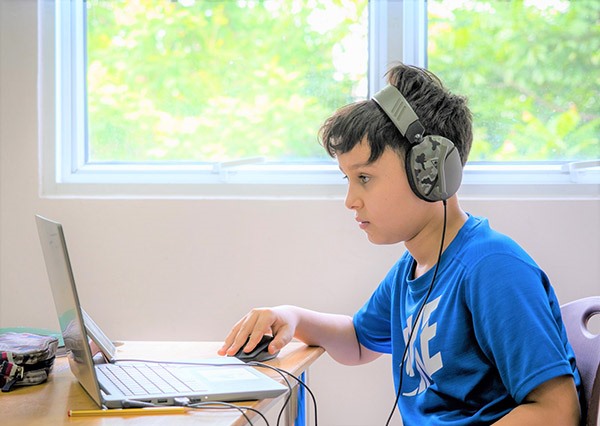
|
The virtual school at BIS Hanoi is a personalised experience (Photo by BIS Hanoi)
The efficiency of the technological platforms at BIS Hanoi enables teachers to provide ‘instant feedback’ to students via written form, voice and video recordings which can be replayed many times, or even automatically. This enables teachers to provide students with clear feedback about any gaps in their knowledge. This system supersedes the written feedback parents and teachers are familiar with seeing in paper workbooks. Now, students can be digitally assigned activities to their personalised notebooks, which are unique to the knowledge deficit they may have and that may look different for each student in the class.
This learning, feedback, and reflection cycle can now be fast-paced, so that teachers can gather a forensic amount of detail about the knowledge and recall capabilities of each student, making the educational offering even more personalised and of higher quality. The virtual school provision at BIS Hanoi supports their mission of preparing students for the next stage of their learning journey by providing an infrastructure that focuses on cognitive ability, personalised learning and developing skills for jobs of the future. With an emphasis on social and emotional learning, their teachers leverage technology to create a more flexible and tailored approach for every student.
One of the most frequently asked questions by parents regarding the virtual school is how do we know that this model works. For BIS Hanoi, the answer is to turn to the 2021 IBDP outcomes which show an increasing value-added score for students, given their starting points, over the last three years. Their Class of 2021 was impacted immensely, to date, by the pandemic. They spent significant time both in the first year of their programme and the second, in virtual school.
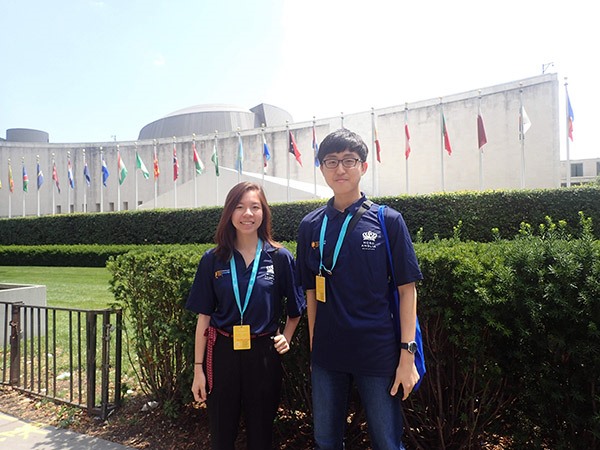
|
Sungwoo (right), BIS Hanoi Class of 2021, obtained a perfect score of 45/45 in the IB examination (Photo by BIS Hanoi)
These students went on to obtain our highest set of IBDP results this summer, achieving an average of 38.2 points with students going off to study at world-class universities such as King's College London, New York University, University of Amsterdam, University of Hong Kong and the National University of Singapore.
For more information about BIS Hanoi, please visit the school website at www.bishanoi.com.

